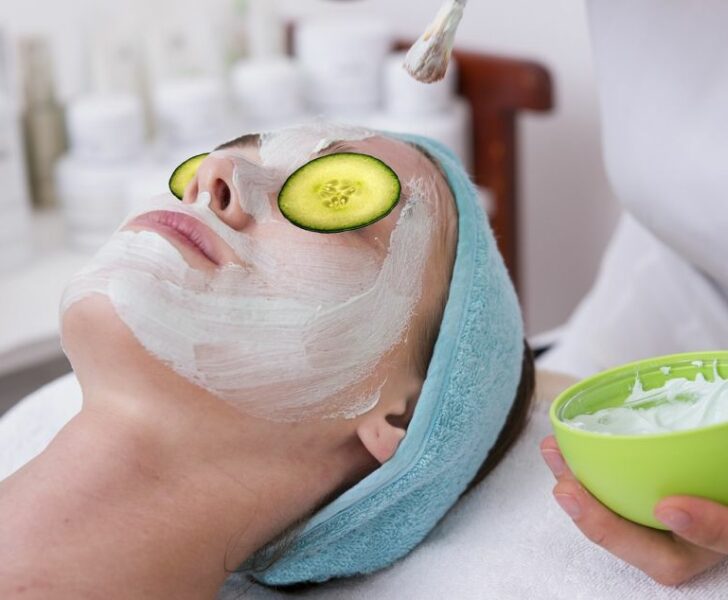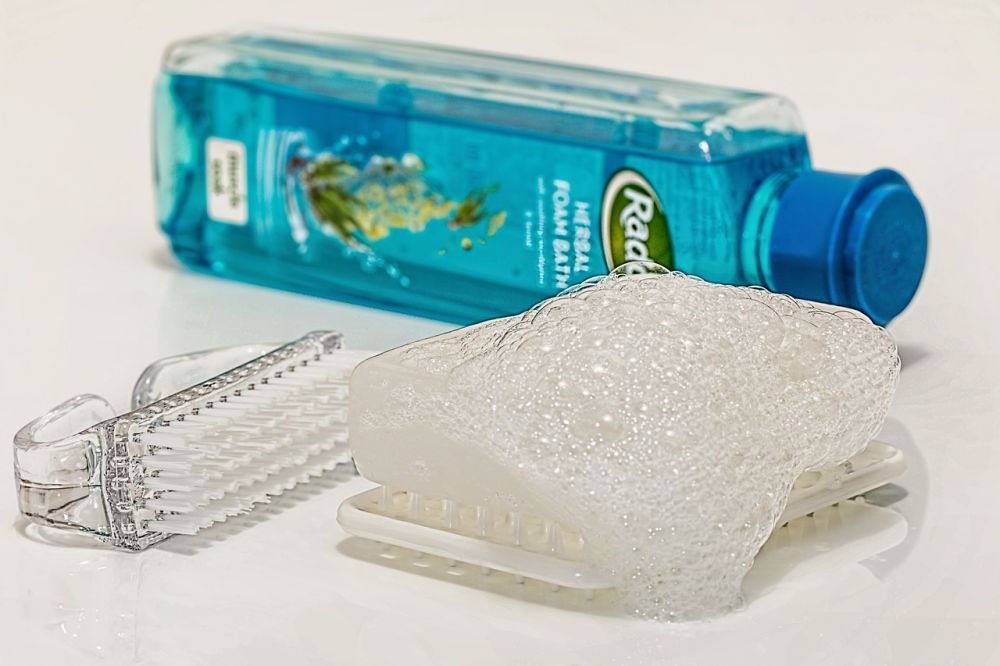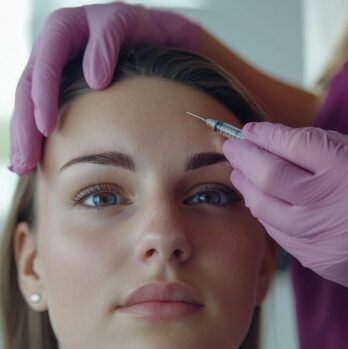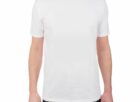Anti-aging serum: A Comprehensive Guide to Age-Defying Skincare

Introduction:
In an era where youthfulness is celebrated, the search for effective anti-aging solutions has become a primary focus for many individuals. One such solution that has gained immense popularity is the use of anti-aging serums. These potent skincare products are designed to combat the signs of aging, such as fine lines, wrinkles, and loss of firmness. In this article, we will delve into the world of anti-aging serums, exploring their benefits, how they have evolved over time, and what you need to know as a beauty and skincare enthusiast.
I. Understanding Anti-Aging Serums

For those interested in anti-aging skincare, it is essential to understand what sets anti-aging serums apart from other products. These serums are lightweight, fast-absorbing formulations that typically contain high concentrations of active ingredients. Unlike moisturizers or cleansers, anti-aging serums penetrate deep into the skin, targeting specific concerns and delivering powerful results. They work by stimulating collagen production, promoting cell turnover, and providing intense hydration to restore a youthful appearance.
Key points for understanding anti-aging serums:
– High concentrations of active ingredients
– Lightweight and fast-absorbing
– Penetrate deep into the skin
– Target specific concerns
– Promote collagen production and cell turnover
– Provide intense hydration
II. The Evolution of Anti-Aging Serums: A Historical Perspective
Anti-aging serums have a rich history that can be traced back to ancient civilizations. Cleopatra, known for her eternal beauty, would indulge in baths filled with milk and honey, which acted as natural anti-aging remedies. Over time, the pursuit of youthful skin led to the development of various skincare concoctions and formulas.
In the early 20th century, advancements in scientific research paved the way for breakthrough innovations in skincare. The discovery of retinoids, a powerful ingredient derived from Vitamin A, revolutionized the anti-aging industry. Retinoids were found to effectively reduce the appearance of wrinkles and fine lines, making them a staple in anti-aging serums.
As technology progressed, so did the formulation and delivery systems of anti-aging serums. Scientists began incorporating peptides, antioxidants, and hyaluronic acid into these serums, adding new dimensions to their effectiveness. Today, anti-aging serums are available in a wide range of formulations, catering to specific needs and concerns.
III. Key Ingredients in Anti-Aging Serums:
To truly understand the efficacy of anti-aging serums, it is crucial to explore the key ingredients that make them so potent. Here are some of the most common ingredients found in these serums, along with their benefits:
1. Retinol: Derived from Vitamin A, retinol stimulates collagen production, reduces wrinkles, and improves skin texture.
2. Peptides: These amino acid chains promote collagen synthesis, reducing the appearance of fine lines and promoting firmness.
3. Vitamin C: A powerful antioxidant that brightens, evens out skin tone, and protects against sun damage.
4. Hyaluronic Acid: With its exceptional ability to retain moisture, hyaluronic acid hydrates and plumps the skin, reducing the appearance of fine lines.
5. Niacinamide: Also known as Vitamin B3, niacinamide enhances the skin’s moisture barrier, evens out skin tone, and minimizes pore size.
6. Antioxidants: Various antioxidants, such as green tea extract, resveratrol, and Vitamin E, protect the skin from environmental damage.
IV. How to Choose the Right Anti-Aging Serum:
With a plethora of options available in the market, selecting the right anti-aging serum can be overwhelming. To streamline the process, consider the following factors:
1. Skin Type: Identify your skin type, whether dry, oily, combination, or sensitive, as it will determine the type of serum that suits you best.
2. Specific Concerns: Determine your primary skincare concerns, be it wrinkles, dark spots, or dullness, and look for serums that target those issues.
3. Ingredients: Look for serums with a high concentration of active ingredients, such as retinol, peptides, or Vitamin C, based on your skincare needs.
4. SPF Protection: Some serums offer sun protection, which is essential for preventing premature aging caused by harmful UV rays.
5. Brand Reputation: Research and opt for reputable brands known for their quality formulations and efficacy.
Conclusion:
As the desire for youthful-looking skin continues to grow, anti-aging serums have emerged as powerful allies in the battle against aging. With their potent active ingredients and targeted formulations, these serums offer a focused approach to combating signs of aging and achieving a more youthful complexion. By understanding the history, key ingredients, and factors to consider when choosing an anti-aging serum, you can make informed decisions and embark on a skincare journey that prioritizes age-defying results.











